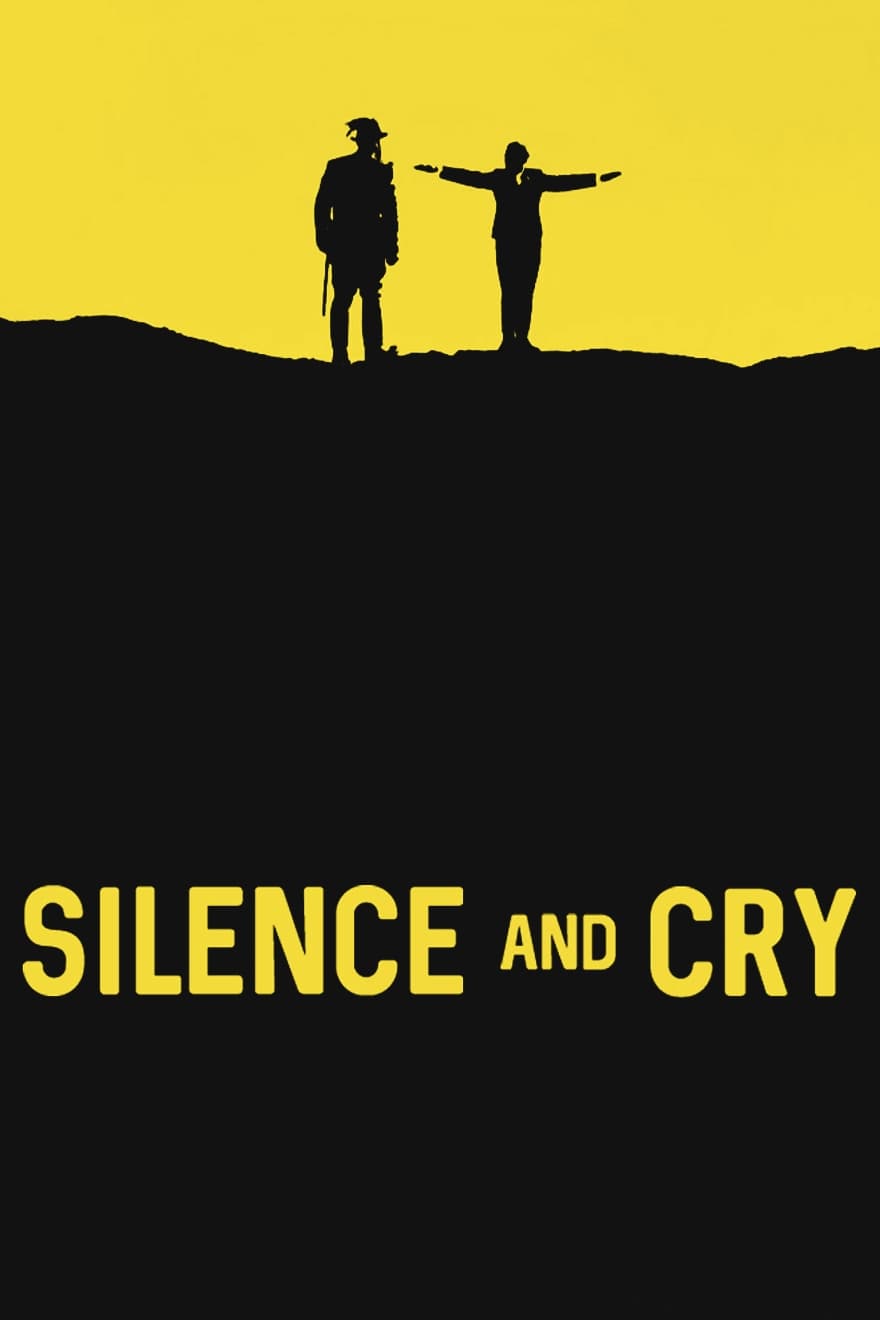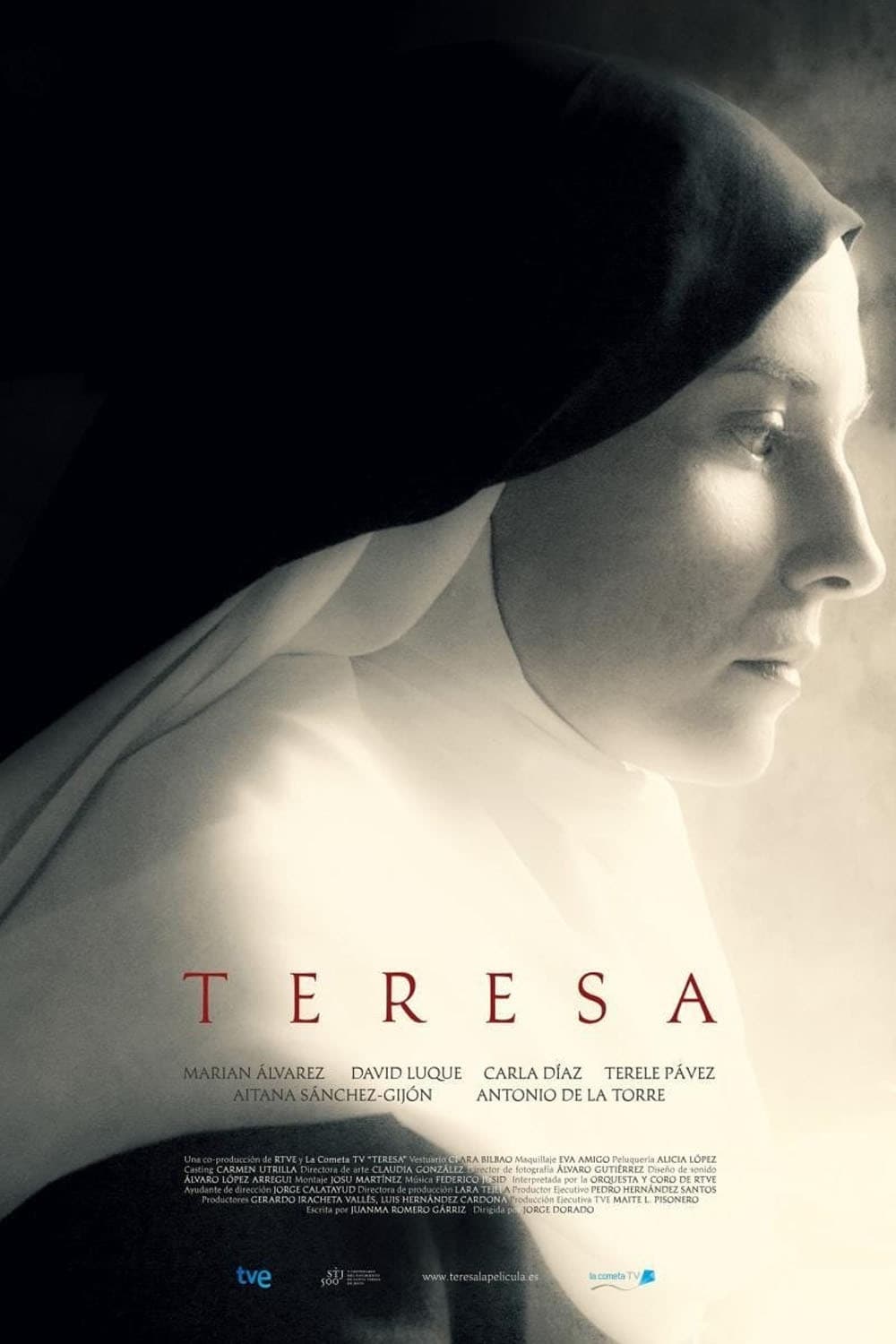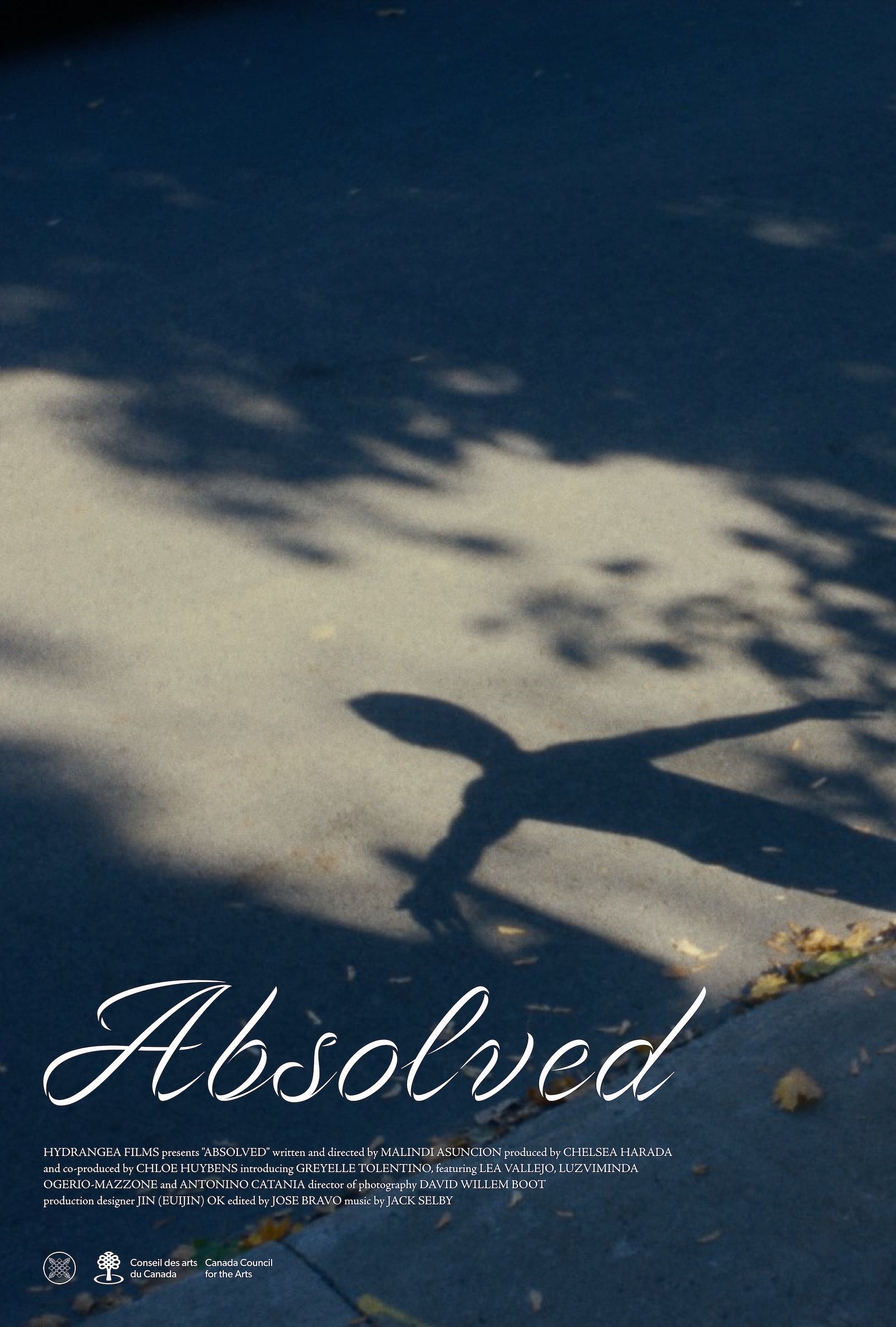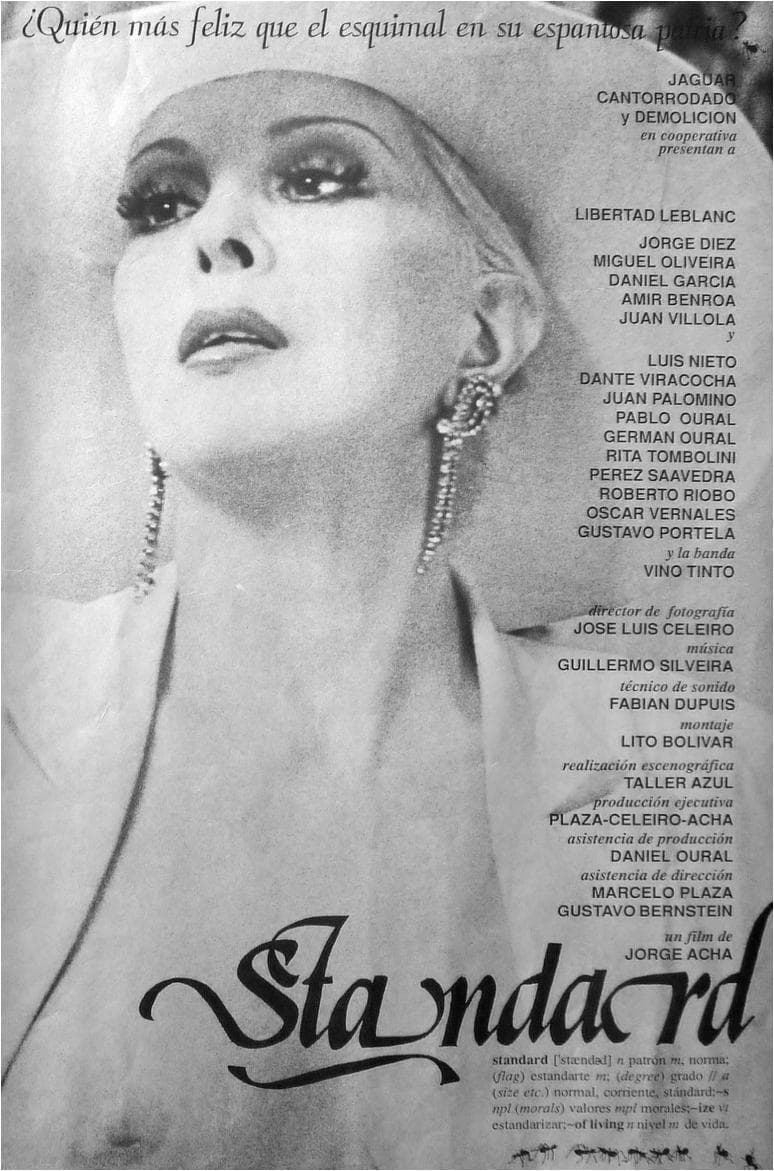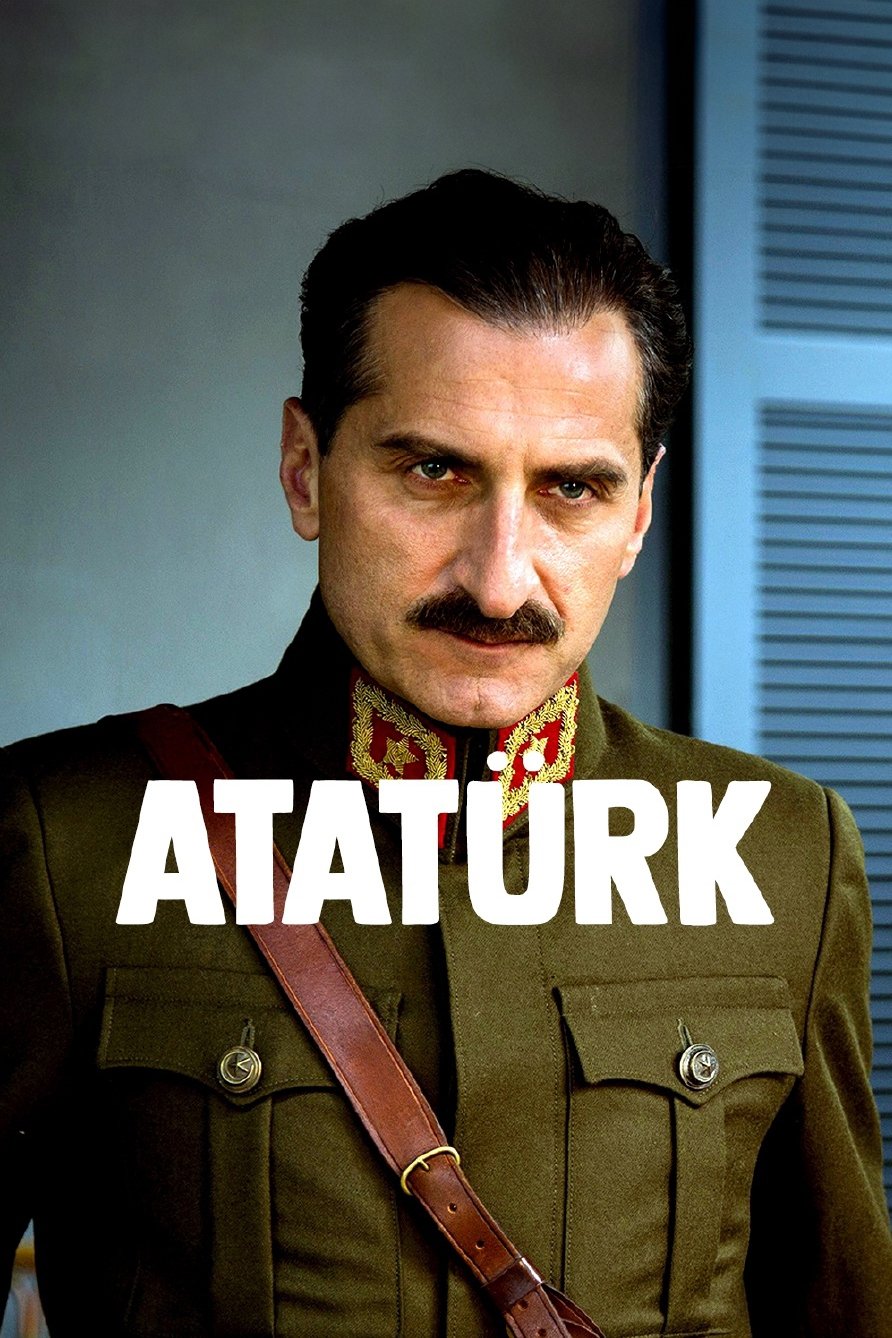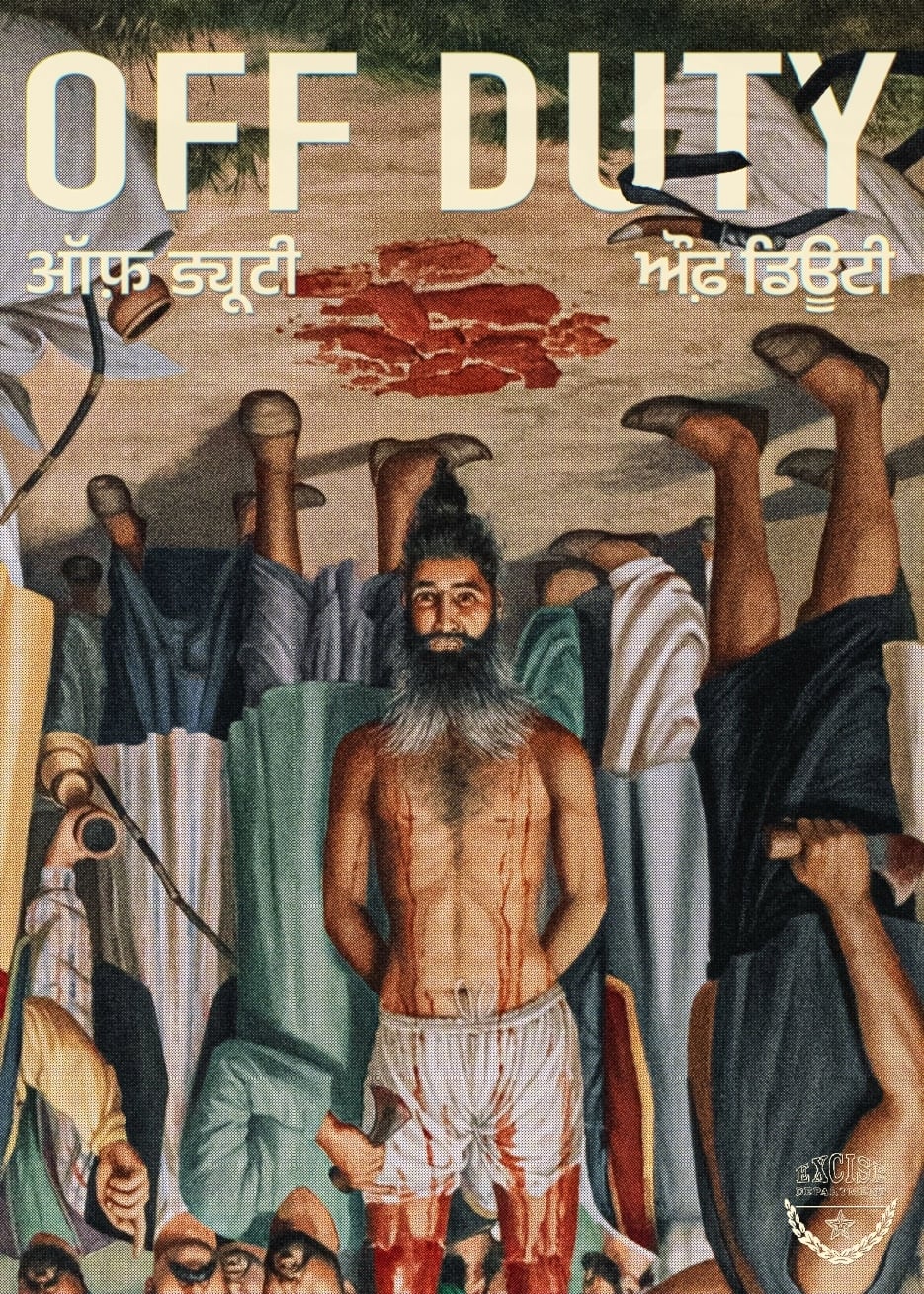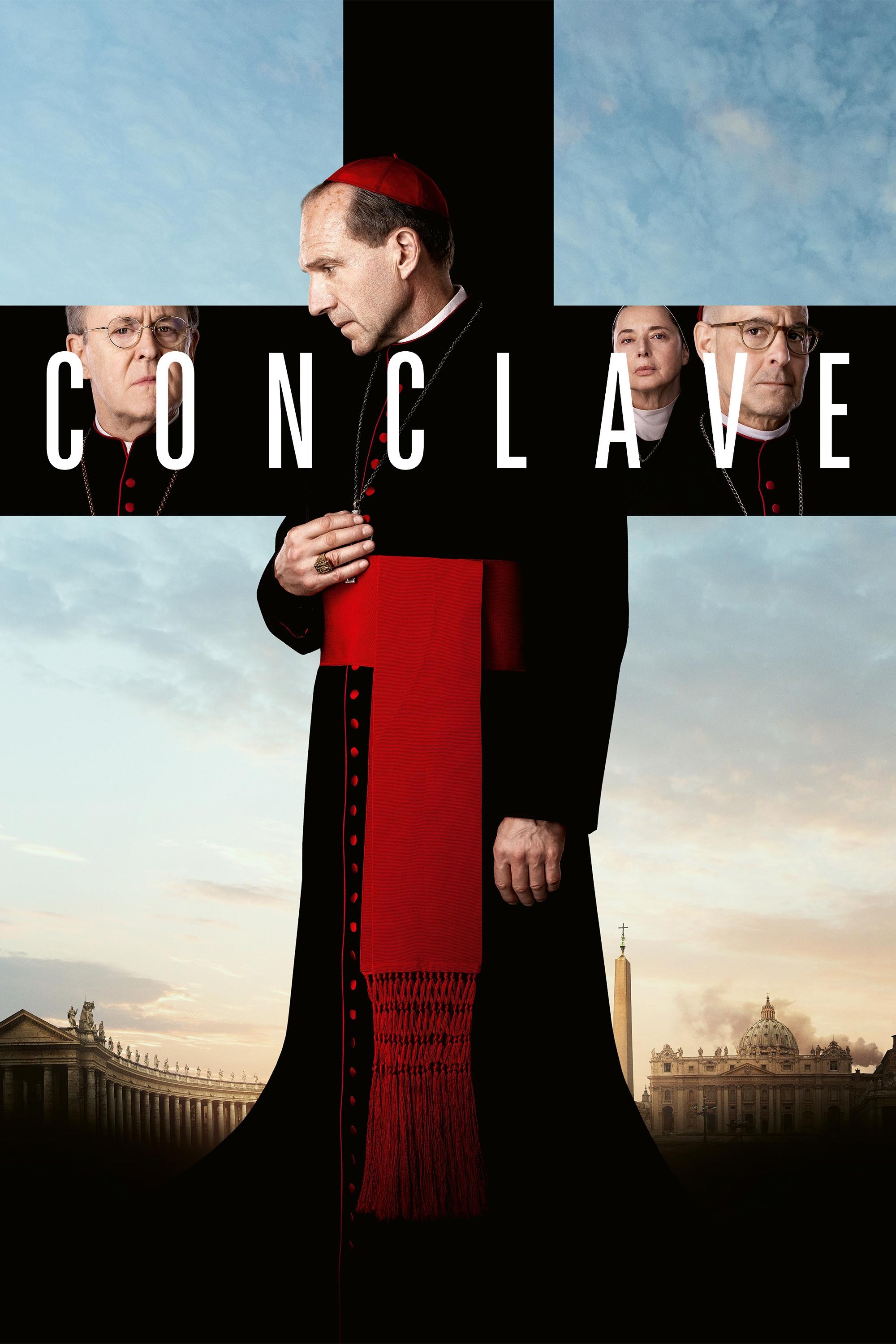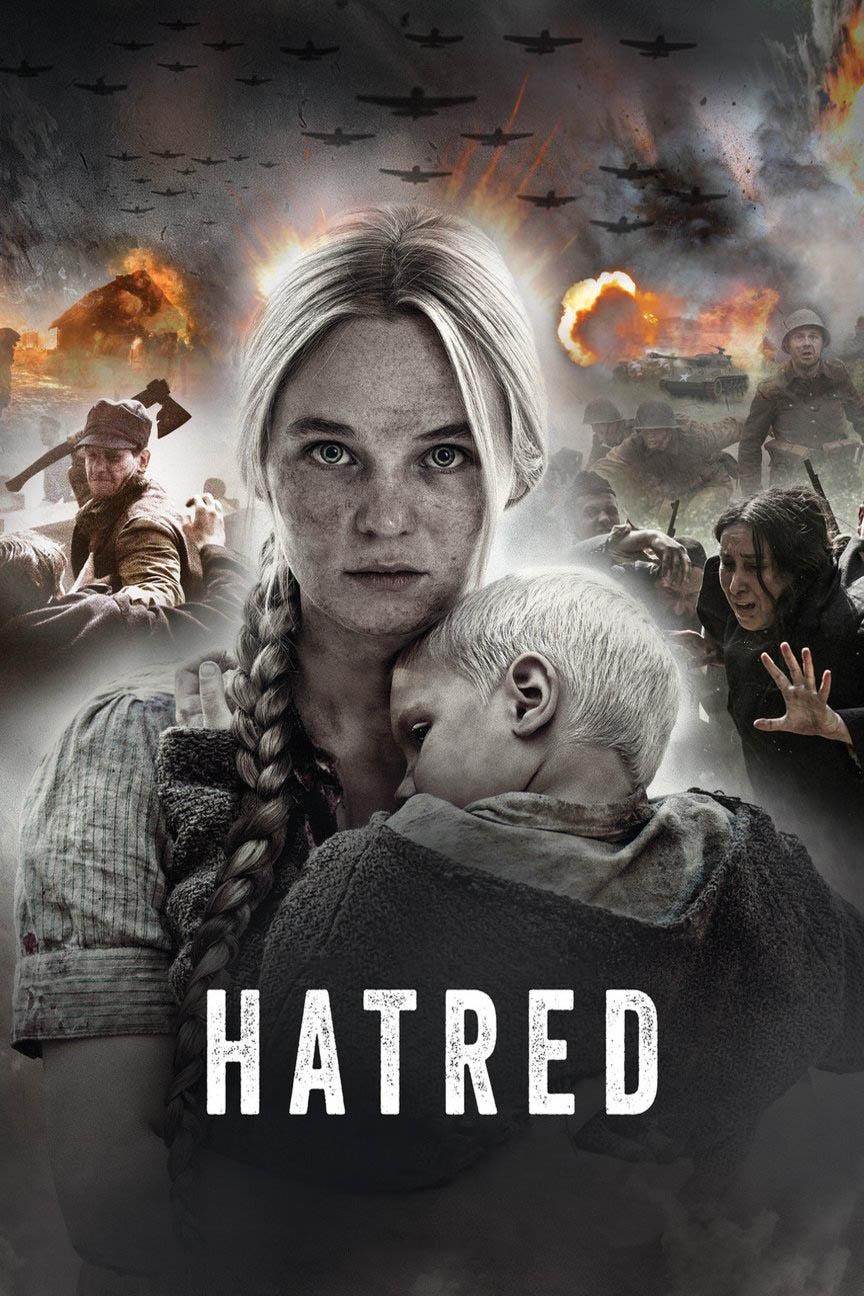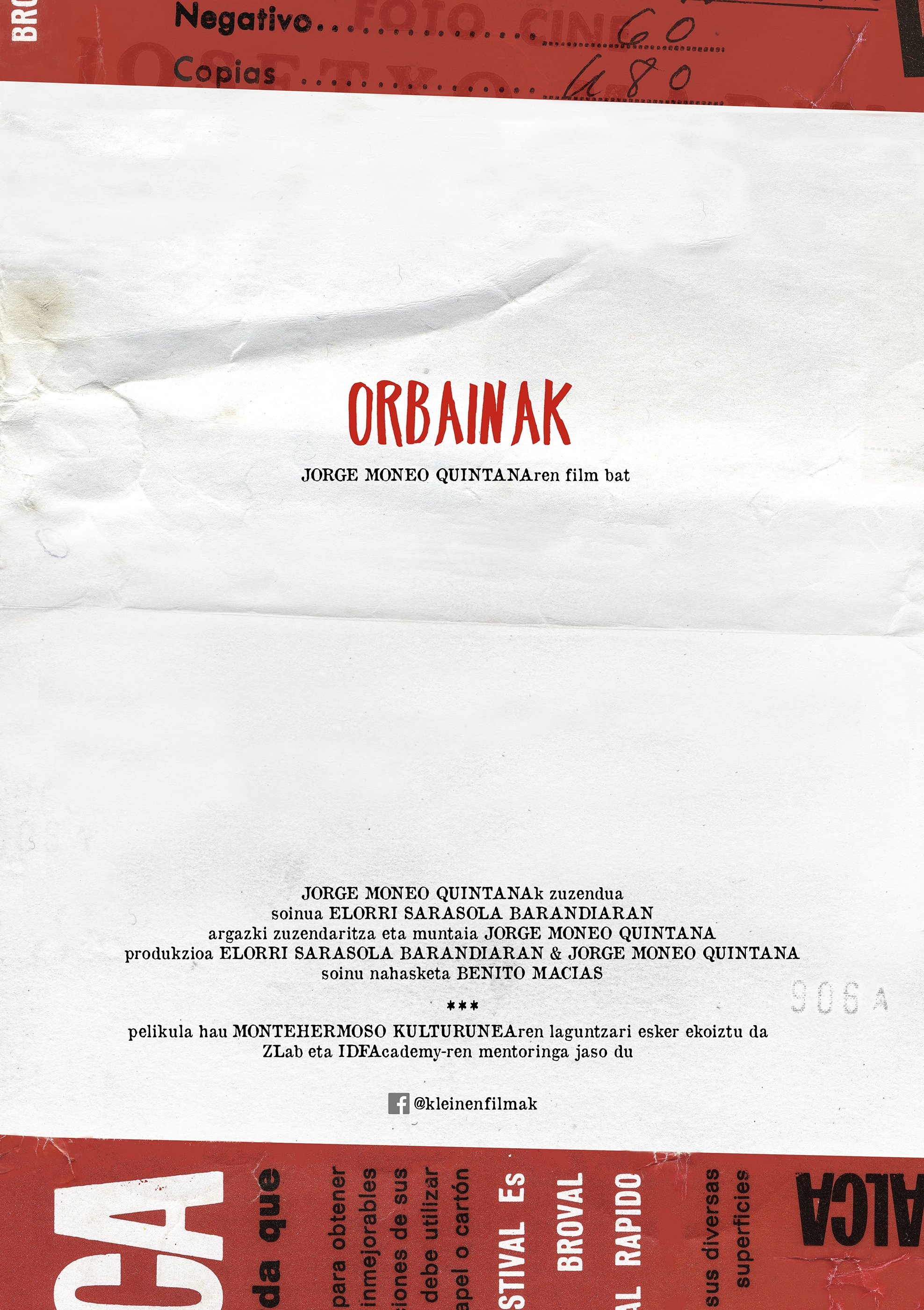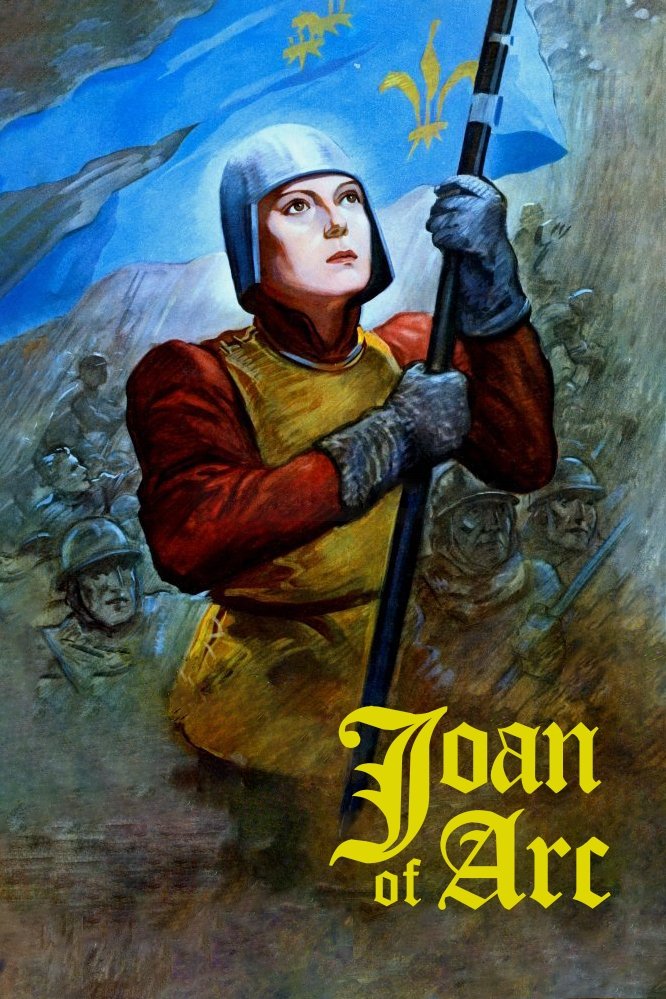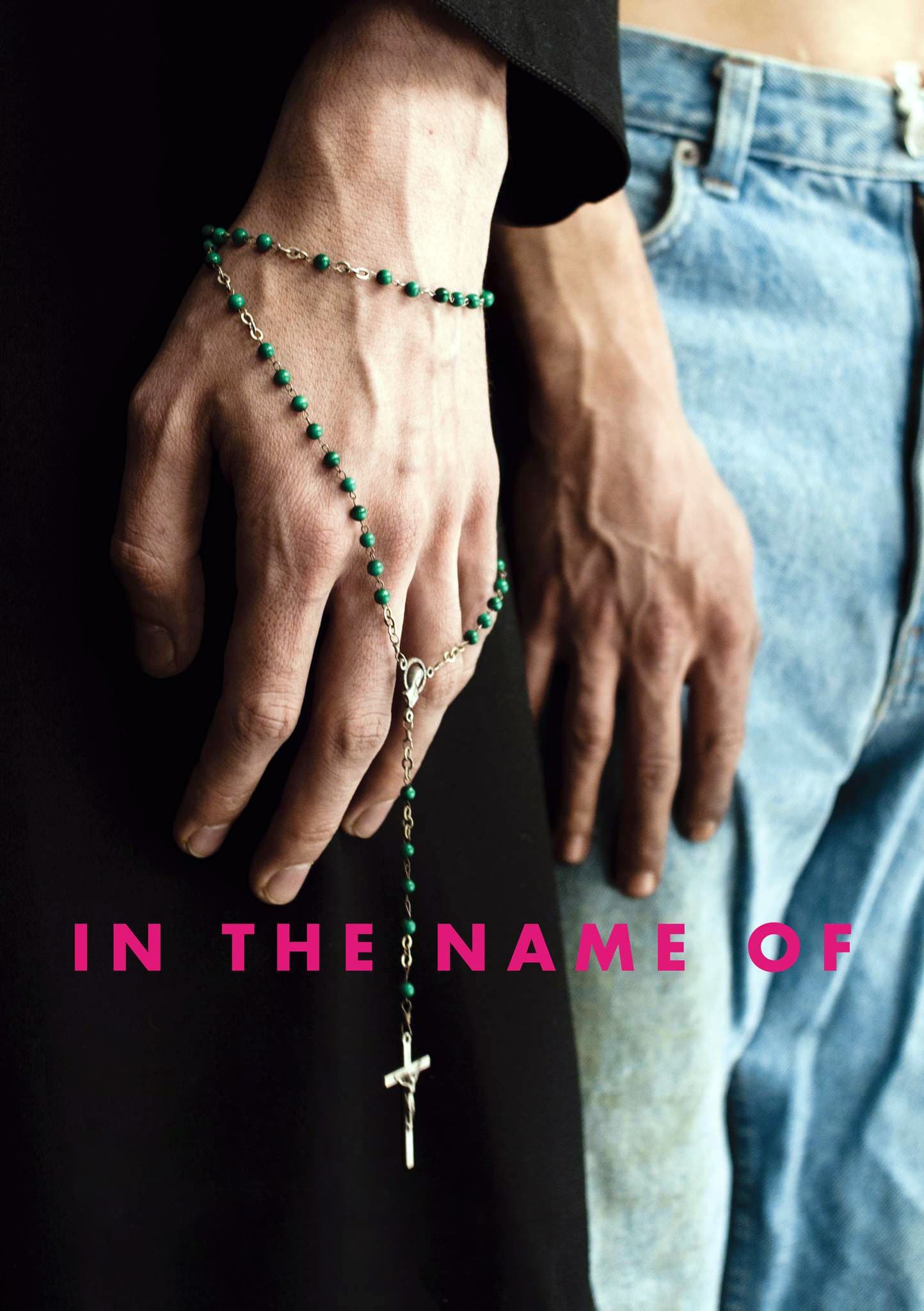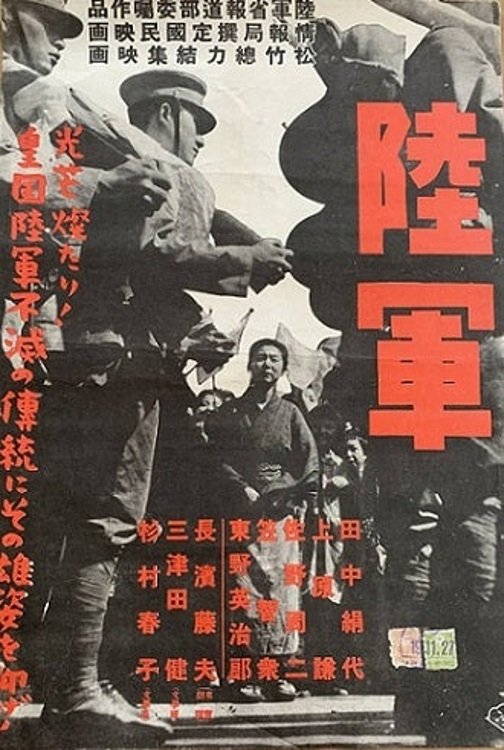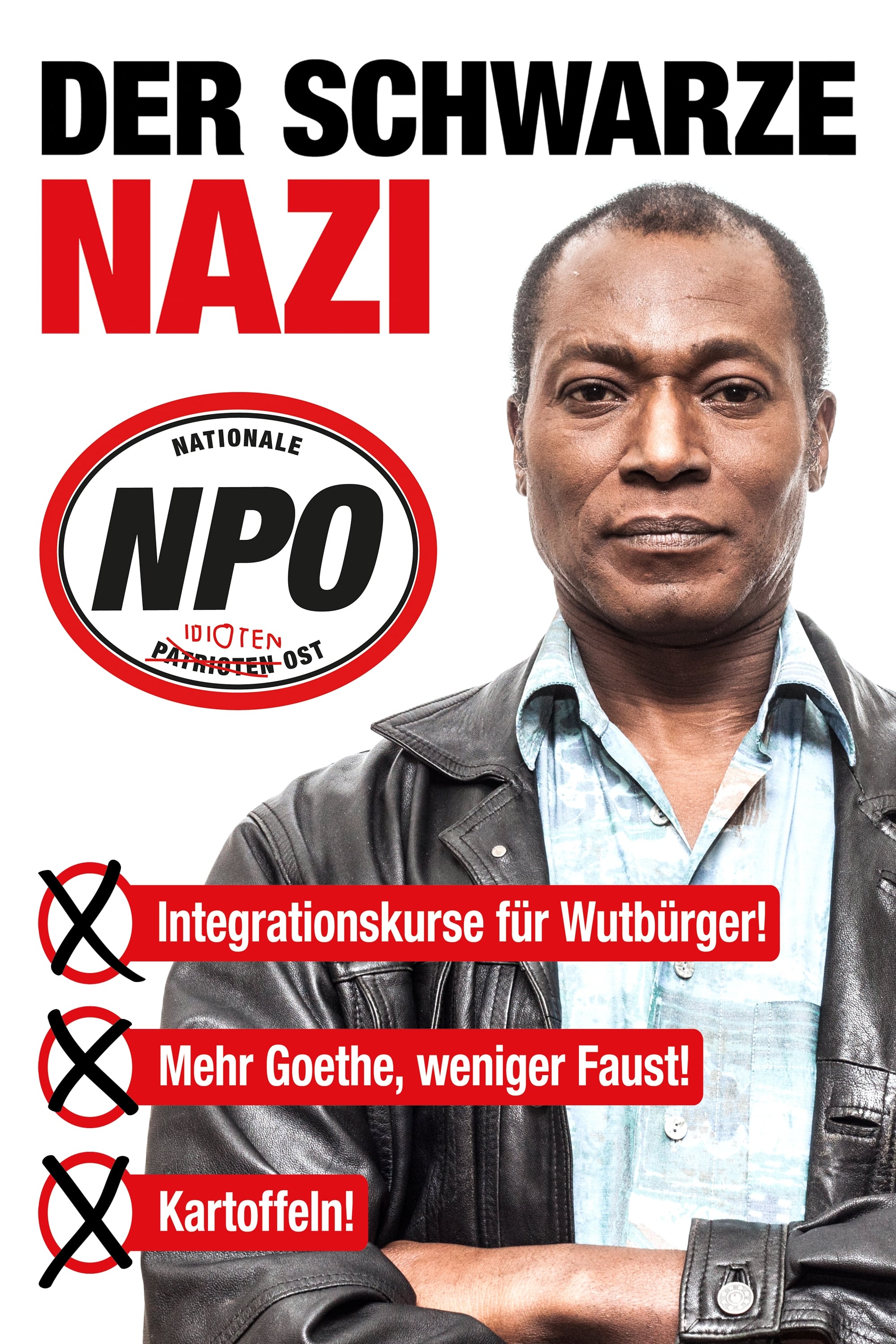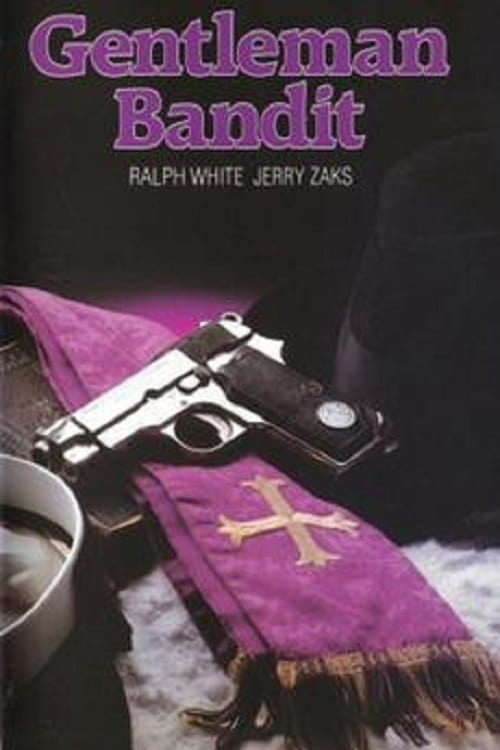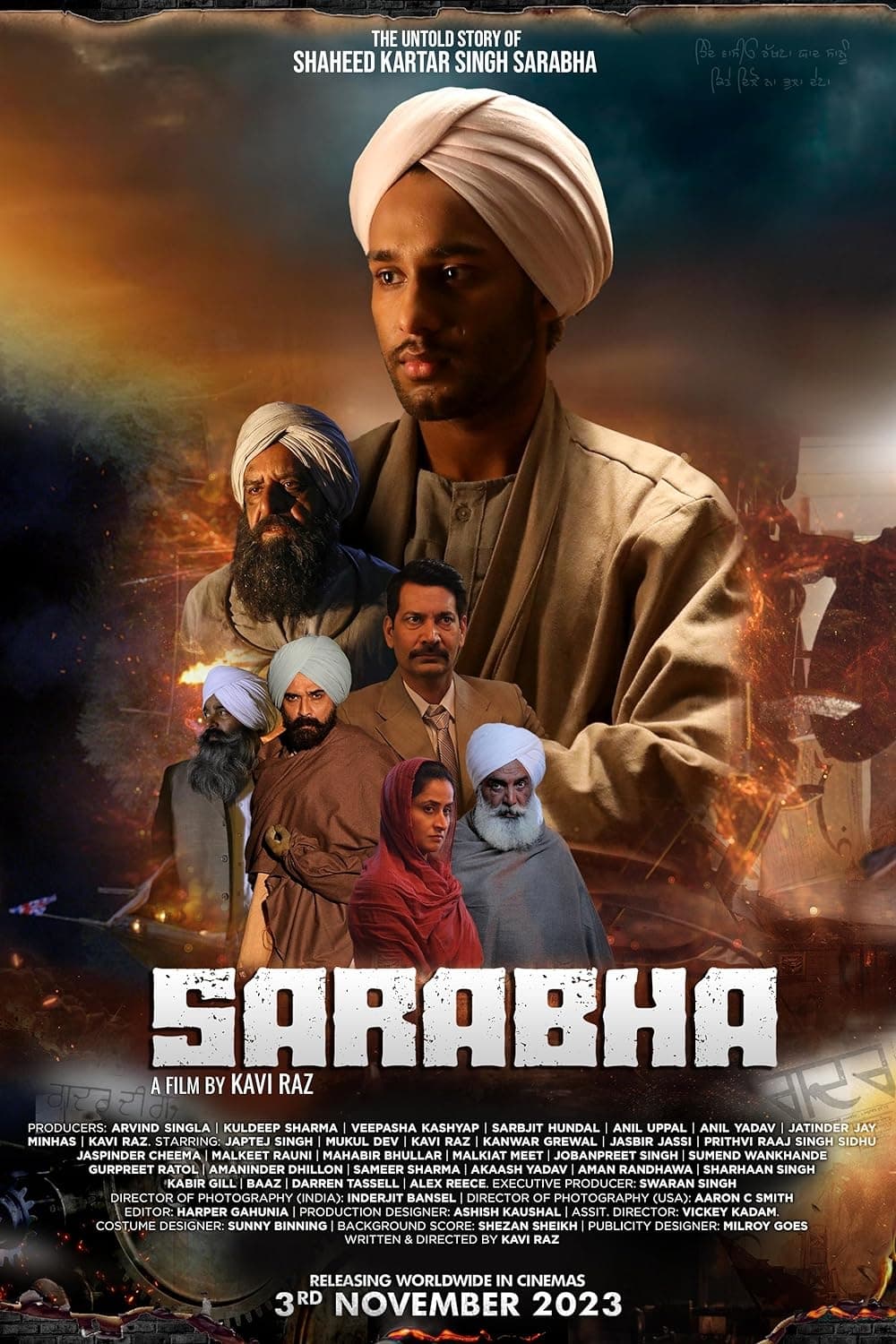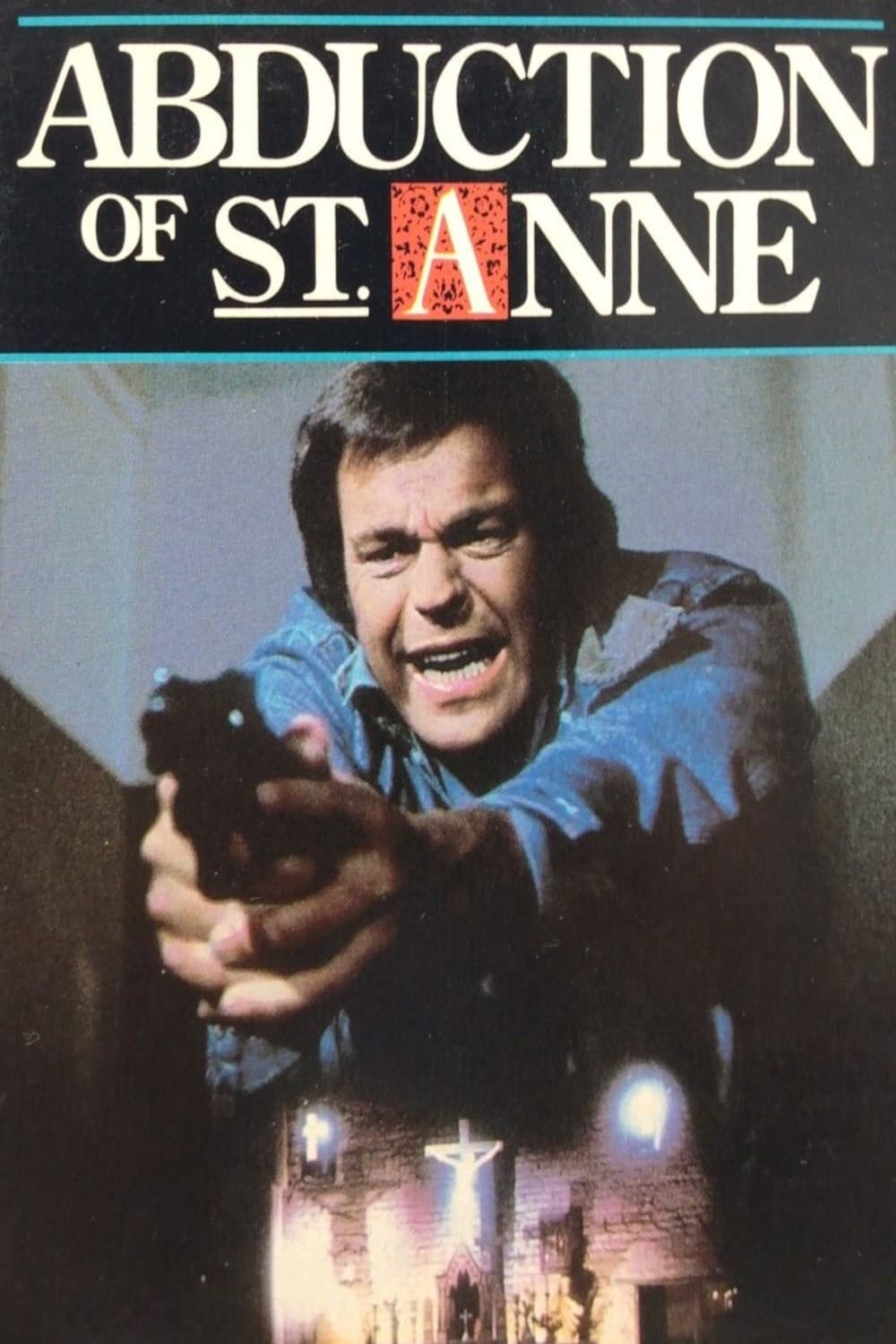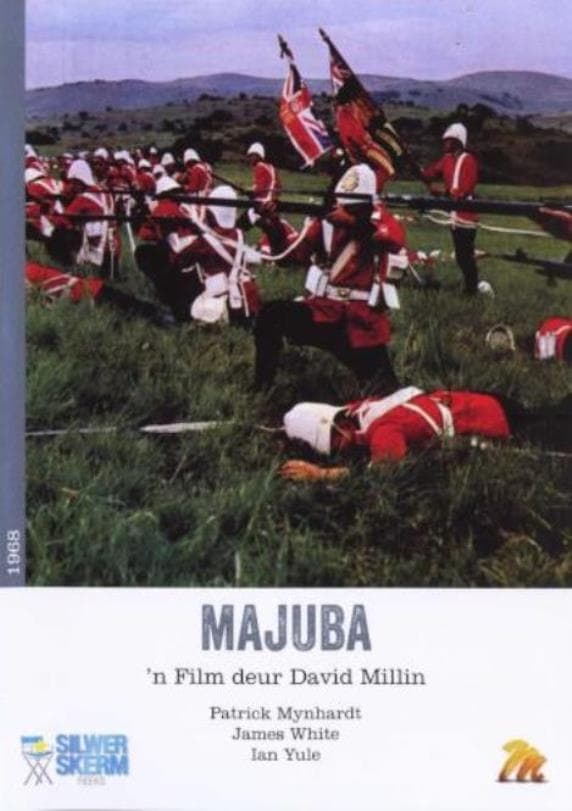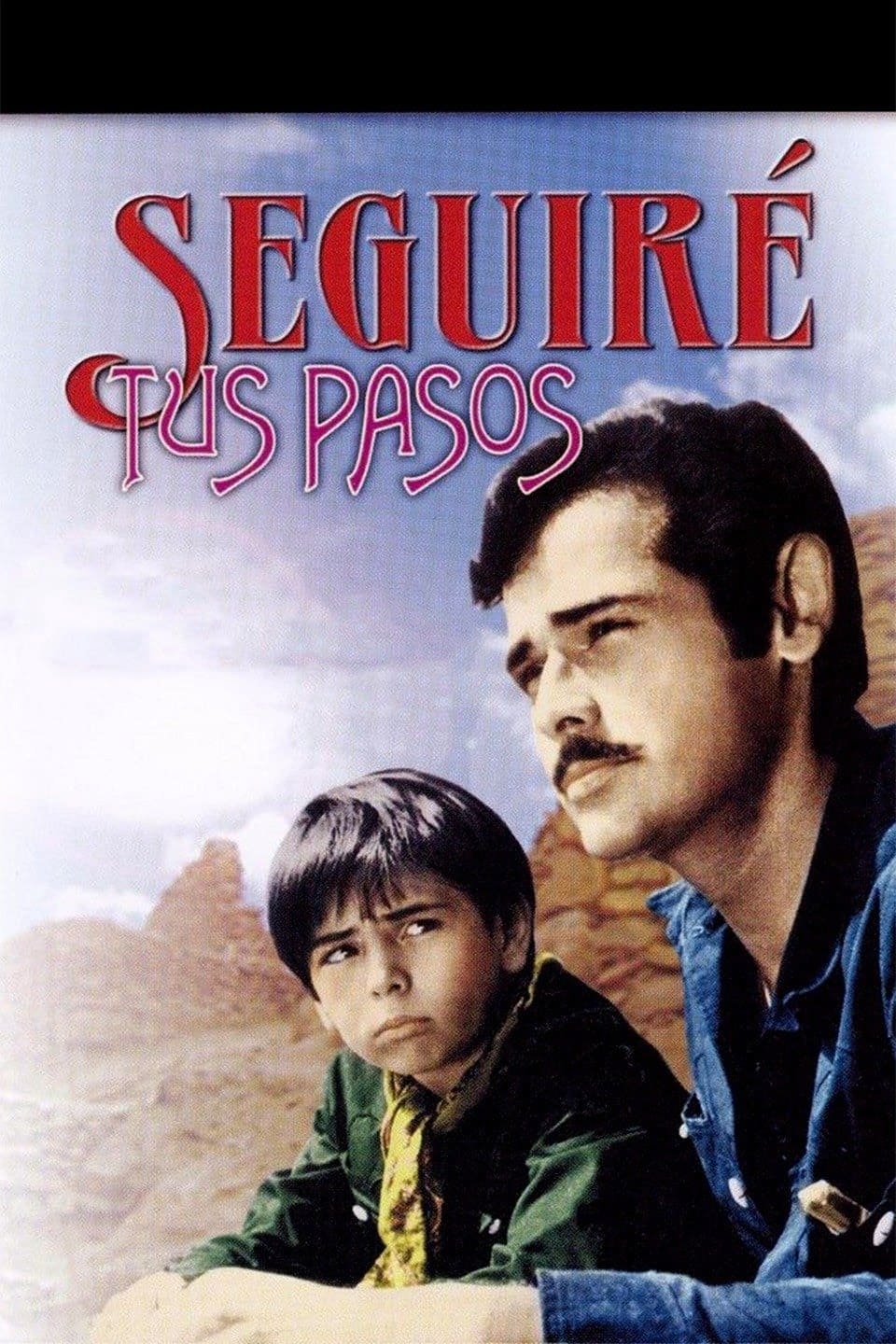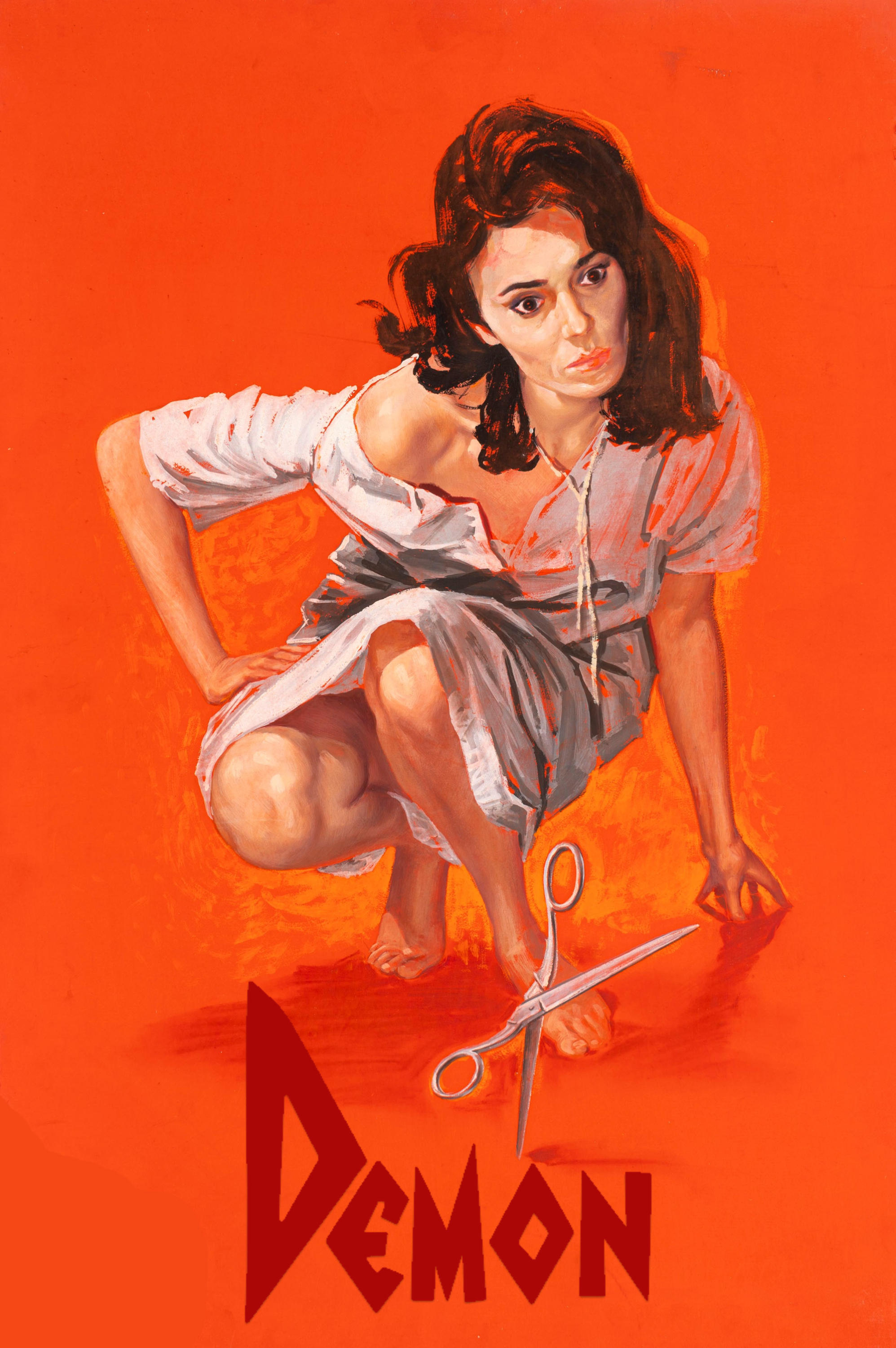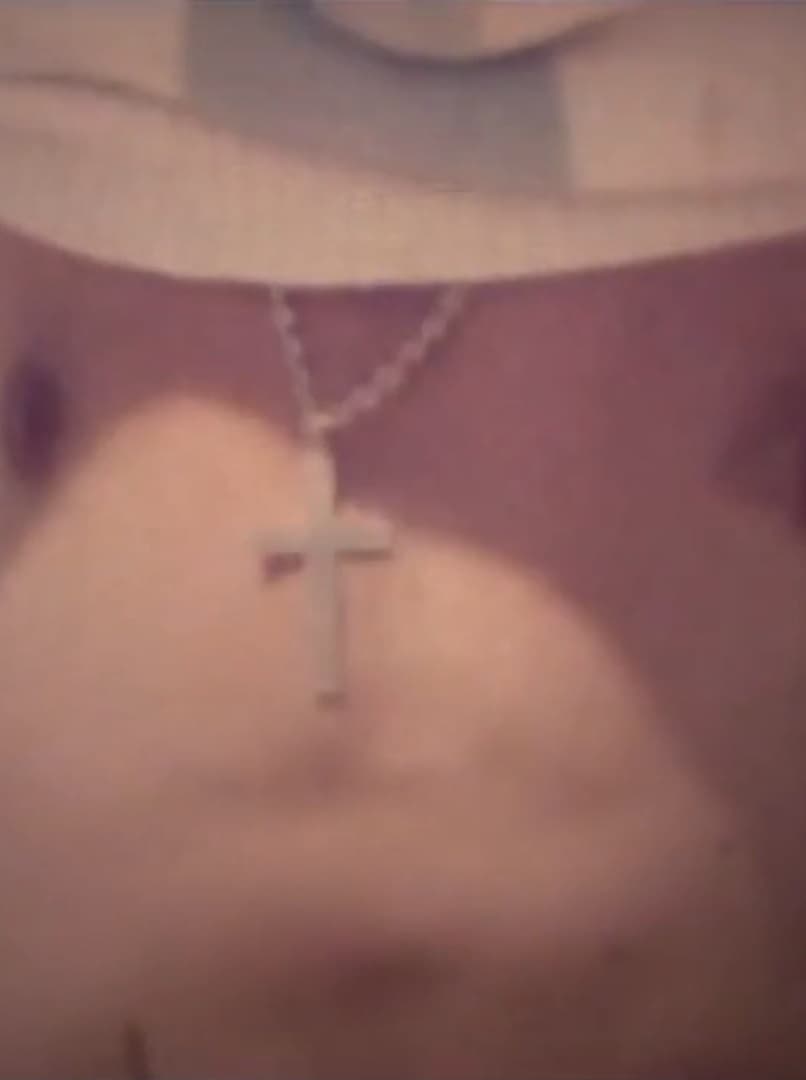
No se culpe a nadie (1964)
Overview
A young man at the beach wearing a crucifix tries to put on his Argentina's national football team t-shirt but it suffocates him
Production Companies
Additional Info
| Budget | $0.00 |
|---|---|
| Revenue | $0.00 |
| Original Language | es |
| Popularity | 0.1319 |
Directed By
Jorge Acha
TOP CAST
Similar Movies
Silence and Cry
Set during a turbulent era of disquiet, fear, persecution and terror, which permeates every corner of post-WWI Hungarian society. In 1919, after just a few months of communist rule the Hungarian Republic of Councils falls victim to a nationalist counter-revolution. Admiral Horthy, leader of the nationalist far right movement, becomes the self-proclaimed regent of Hungary, and assumes power as the legal Head of State. Soldiers of the short-lived Hungarian Red Army are now on the run from relentless secret policemen and patrol units of the nationalist Royal Gendarme. If caught, ex-Red Army soldiers are executed without mercy or proper trial. István Cserzi, a former soldier of the Red Army has fled to the Great Hungarian Plains and has taken refuge on a farm, which is run by two sympathetic women.
Standard
Does someone remember that project of López Rega’s which, in 1975, thought up the construction of a Great Homeland Altar where all mythical figures of Argentine history could be in the same building? From San Martín to Perón on his pinto horse. From the Billiken stamps of our childhood to Libertad Leblanc’s tits of our teenage years. All clichés of Argentine-ness gathered under one roof. But the construction delays. Workers entertain themselves with their own masturbatory drives. Or is it that Argentina is an impossibie construction? Always about to begin. always displaying great projects, great plans that never come to fruition. A second-rate country that hides its fundamental vacuity behind monuments. in Acha’s cinema, second-rateness is exposed, shown in all its lying pomposity.
Atatürk: Father of Modern Turkey
Docudrama examining the life of Mustafa Kemal Atatürk, who founded the Republic of Turkey from the ruins of the Ottoman Empire. Monuments to him can be found in every city; the anniversary of his death is commemorated every year; derogatory words about him are punishable by law. Rarely has a politician changed a society so radically in such a short time as Atatürk did Turkey.
OFF DUTY
It's an ordinary winter's day when disillusioned Police Inspector Azaad Singh is tasked with delivering a very important file to his superior. Traversing expanses of rural and urban Punjab along the way, he reckons with the state's past and present realities, and faces an untimely existential crisis as a result.
Conclave
After the unexpected death of the Pope, Cardinal Lawrence is tasked with managing the covert and ancient ritual of electing a new one. Sequestered in the Vatican with the Catholic Church’s most powerful leaders until the process is complete, Lawrence finds himself at the center of a conspiracy that could lead to its downfall.
Hatred
Summer of 1939. Zosia is a young Polish girl who is deeply in love with Ukrainian Petro. Their great love will be put to the test when her father decides to marry her to a wealthy widower Skiba. Right after wedding she is left alone because her husband is drafted to the Polish army for the war with Germany. Meanwhile, tensions grow due to Jews, Poles, and Ukrainians living side by side.
The Scars
The personal stories lived by the Uncle, the Father and the Son, respectively, form a tragic experience that is drawn along a line in time. This line is comparable to a crease in the pages of the family album, but also to a crack in the walls of the paternal house. It resembles the open wound created when drilling into a mountain, but also a scar in the collective imaginary of a society, where the idea of salvation finds its tragic destiny in the political struggle. What is at the end of that line? Will old war songs be enough to circumvent that destiny?
Joan of Arc
France in the 15th Century: The country is marked by the wars with England and internal power struggles. King Charles sees himself powerless against the state. As emerges from the people suddenly a young woman named Johanna, who claimed that the Archangel Gabriel to be appointed, to save France. First of all doubt the king in their words, but he remembers that the people through this "help of God" is gaining new courage. With the slogan "God and the Virgin!" pulls the revivified victorious army into battle against the English-Burgundian alliance. After Johanna King Charles is crowned at Reims, there breaks the plague over the country in. Now Johanna all the blame on the disaster: God would punish believe in the country for that a heretic; if Johanna were actual a holy, she would deal also with the plague. The waning faith weakens France, England is again on the rise. But Johanna is executed as a witch. Only years later annulled the verdict of the Holy and Johanna explained.
In the Name of...
The contemporary story of a priest who launches a centre for troubled youth in a small parish. He is a good priest and is well-liked by his congregation, which remains unaware of his complicated past.
Der schwarze Nazi
The Congolese Sikumoya faces prejudice and racism on a regular basis. He's accused of not adapting enough to the "German culture" and tries harder. A Neo-Nazi group and his mother-in-law push him to the breaking point. While in a coma, his metamorphosis completes.
The Gentleman Bandit
Based on the real-life ordeal of Baltimore priest Bernard Pagano, who was accused of several armed robberies in the late Seventies.
The Abduction of Saint Anne
A cynical detective and a Roman Catholic bishop team up to investigate the reported miraculous powers of a 17-year-old girl being held captive in the home of her father, an ailing syndicate kingpin.
Majuba: Hill of Pigeons
Set during the first Anglo-Boer War 1880-1881 details the events leading up to this final battle ending in one of the most humiliating defeats for Britain in history.
Seguiré tus pasos
José María is an orphan child who lives in desperation until brother José finds him. The priest helps the boy channel his anger and transform his sadness into energy and love.
